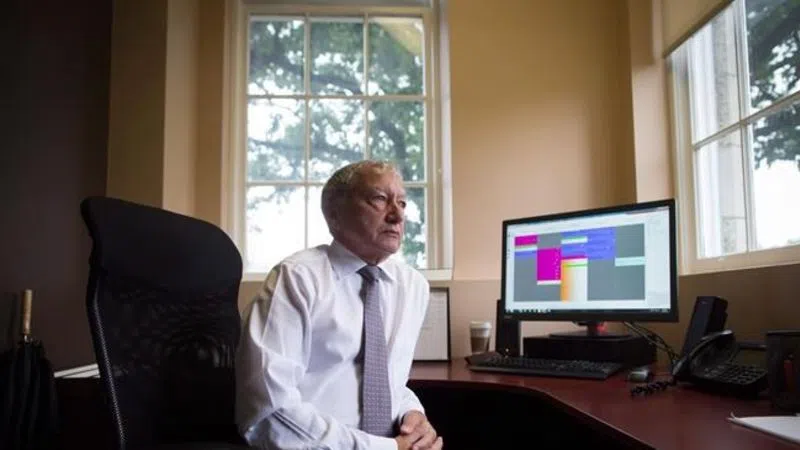
Closing arguments begin in legal case over private health care in B.C.
VANCOUVER — A lawyer arguing in favour of a two-tier health care system in British Columbia says the government can’t legally justify preventing patients from paying private doctors to alleviate their suffering sooner than the public health-care system can.
Peter Gall began his closing arguments today in a decade-long constitutional challenge of the Medicare Protection Act of B.C. as his client Dr. Brian Day, CEO of Cambie Surgical Corporation, looked on from the gallery.
Gall told B.C. Supreme Court Justice John Steeves that it’s entirely within the provincial government’s constitutional purview to make policy decisions about how the public health-care system is delivered.
But he says the government’s own data shows it is failing to provide diagnostic and surgical services in a timely manner, and patients have the right to take the matter into their own hands.
